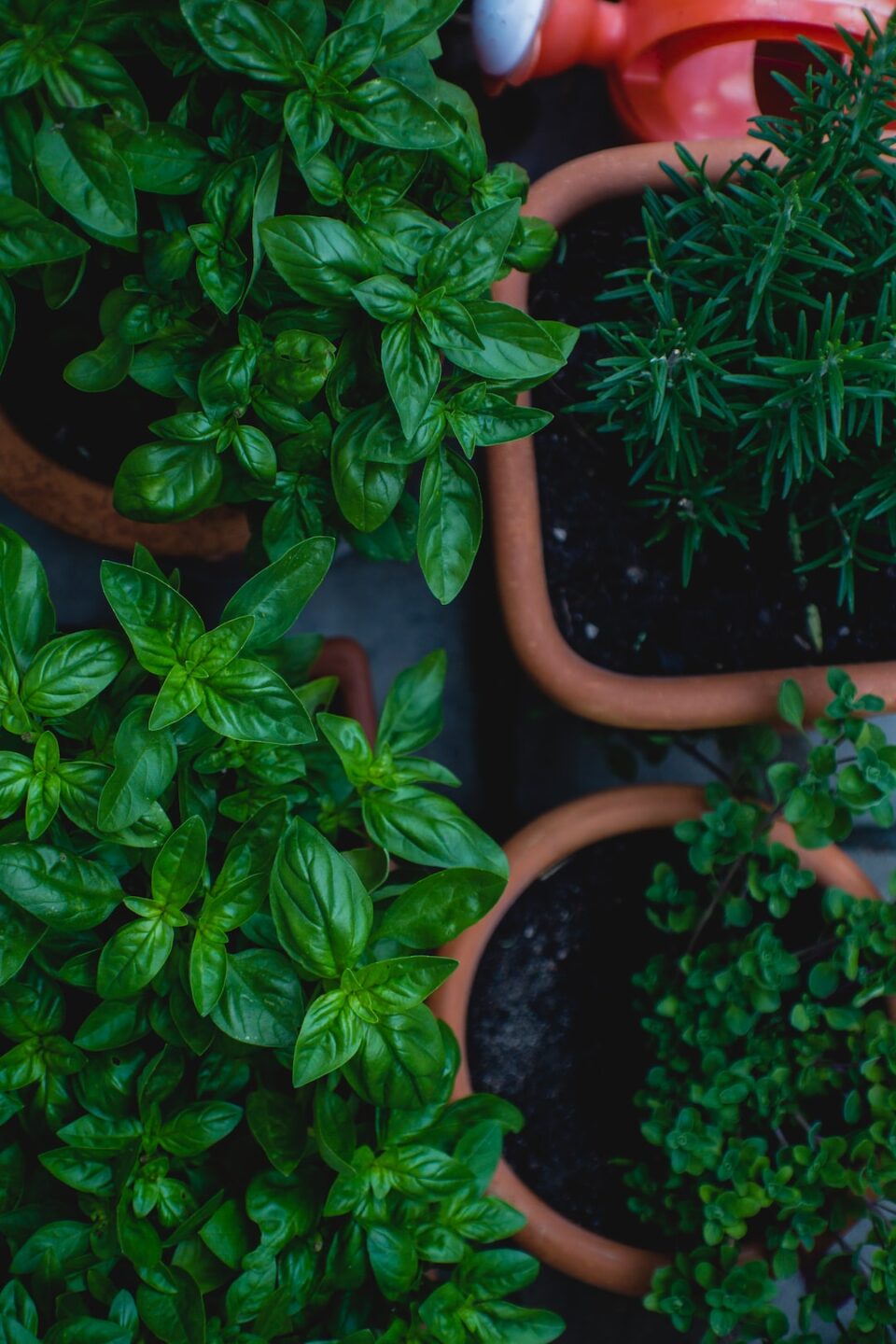Soil quality is a vital aspect of agriculture that has a significant impact on crop yield, plant growth, and the overall quality of life. Soil is the foundation upon which we grow our food, and its health and fertility are crucial to the success of the agricultural industry. Unfortunately, soil quality is frequently degraded due to human activities, and this has led to significant challenges in agriculture worldwide. However, improving soil quality is achievable, and it can positively impact agricultural productivity and sustainability.
Soil quality refers to the ability of soil to function, which includes the biological, chemical, and physical properties of soil. The quality of soil affects the availability of water, nutrients, and oxygen to crops, which consequently affects crop growth and yield. Agriculture is wholly dependent on the quality of soil, and it is the responsibility of farmers to ensure that the soil remains healthy and fertile. The significance of soil quality cannot be overemphasized, and it is an important factor in increasing the efficiency of crop productivity.
Soil is a complex mixture of organic and inorganic materials that includes minerals, water, air, and microorganisms. Soil quality can be assessed by evaluating its physical, chemical, and biological properties. The physical properties of soil include its water-holding capacity, drainage, and structure. The chemical properties of soil are determined by its pH, nutrient content, and the presence of toxic substances. The biological properties of soil refer to the living organisms that are found in soil, including bacteria, fungi, and insects.
To improve soil quality, it is essential to understand its properties and how they affect the growth and development of crops. Several factors can negatively impact soil quality, including erosion, over-tillage, overuse of chemical fertilizers, and the use of herbicides and pesticides. To maintain and improve soil quality, farmers should adopt sustainable agricultural practices that prioritize soil conservation and minimize soil degradation.
One of the primary methods of improving soil quality is through the use of organic matter. Organic matter refers to any material that was once alive, such as plant residues, manure, and compost. By adding organic matter to soil, farmers can improve its water-holding capacity, nutrient content, and soil structure. Organic matter provides essential nutrients to the soil and acts as a food source for the microorganisms found in soil.
Another critical factor in improving soil quality is crop rotation. Crop rotation involves the sequential planting of different crops in the same field to avoid depleting the soil of essential nutrients. Different crops have different nutrient requirements and provide different benefits to soil health. For example, legumes, such as beans and peas, have the ability to fix nitrogen from the atmosphere, which can improve the nutrient content of soil for subsequent crops.
In addition to crop rotation and the use of organic matter, minimal tillage is another effective method for maintaining and improving soil quality. Tillage is the process of preparing soil for planting by mechanically loosening and turning over the soil. However, over-tillage can negatively impact soil quality by reducing soil structure and increasing soil erosion. By reducing the frequency and depth of tillage, farmers can minimize soil disruption and avoid soil degradation.
Another method of improving soil quality is the use of cover crops. Cover crops are crops that are planted to cover the soil during periods when the field is not being used for food production. Cover crops can improve soil structure, suppress weeds, and provide a protective cover that reduces erosion. Cover crops also provide organic matter to the soil when they are incorporated after their growth cycle.
In conclusion, the importance of soil quality in agriculture cannot be overstated. Soil health and fertility are essential for the growth and development of crops, as well as for the sustainability of agriculture. Improving soil quality requires the adoption of sustainable agricultural practices that prioritize soil conservation and maintain soil structure. By using organic matter, crop rotation, minimal tillage, and cover crops, farmers can improve the health and fertility of their soil, enhance crop yields, and contribute to a more sustainable agricultural industry.

